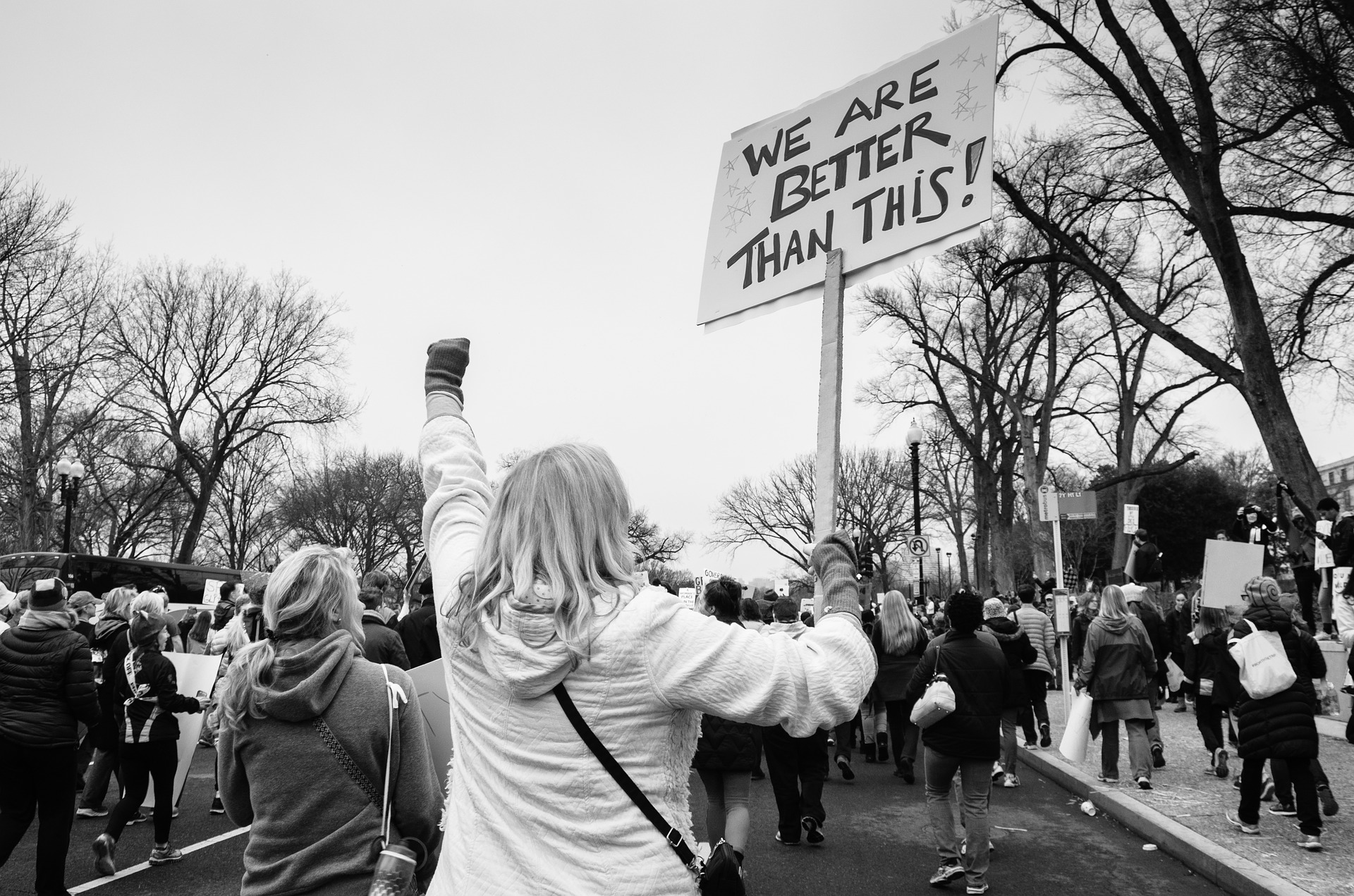
Unlawful Assembly Charges for People Protesting Police Violence in Orlando
The recent waves of protests and peaceful rallies in Orlando have raised many questions concerning the law and the right to protest. With demonstrations occurring all over Center Florida in honor of George Floyd and other victims of racialized police brutality, many Florida residents are being arrested and charged with unlawful assembly while attending these gatherings. Not only has this led to additional charges like resisting police arrest, battery, and inciting a riot, but peaceful protesters have been detained through excessive force and the use of tear gas.
Determining what constitutes an unlawful assembly charge has ignited a controversial uproar, with many believing that this practice is oppressive toward civil liberties. Those charged with unlawful assembly and other related offenses are facing unexpected challenges and harsh punishments, and as a result, these individuals are stuck behind bars for simply expressing their beliefs.
What is Unlawful Assembly?
Florida Statute 870.02 considers unlawful assembly a second-degree misdemeanor, punishable by up to 60 days in jail, six months of probation, and a maximum fine of $500. Unlawful assembly occurs when three or more persons meet to commit a breach of the peace or to do any other act that violates the law, implying that there is intent to perform an illegal act violently and every person involved will be guilty.
The problem is that there isn’t a clear distinction between what’s lawful and what’s unlawful, nor a clear idea of when and how authorities get to make the call and execute the threat of force to disperse crowds. Generally, if you’re peacefully protesting and not jeopardizing the safety of the public, then your participation is lawful. Some acts that may constitute unlawful assembly include:
- Excessively blocking roads and freeways
- Looting and breaking into businesses
- Setting fires to property
- Possession of weapons
Another issue is that if you’re peacefully protesting in a large crowd, you may not be aware of what the people around you are doing. These people may be disputing your protest, turning it violent, and causing you to get caught up in something you have no control over. Law enforcement officials have the right to remove violators posing imminent danger, and in a situation where there are several violators in a large crowd, tear gas and rubber bullets may be used in an attempt to isolate these actors.
How Excessive and Unreasonable Bail is Affecting Protestors
A large number of those arrested and charged with unlawful assembly and other related charges are stuck in jail due to unreasonable bail costs, even though they weren’t convicted. Bail started around $500 to $750 and is now up to anywhere between $1,500 and $5,000. Families, charities, and other non-profit organizations have raised thousands of dollars to bail out protesters who were arrested, but as soon as they attempt to bail someone out, bonds are doubling and tripling. Those of lower socioeconomic status who can’t afford bail risk staying in jail for weeks or months, which can cause long-term effects on their life and wellbeing.
This suggests that the court has set an excessive bail amount, meaning that the amount is unreasonable based on the defendant’s circumstances and higher than an amount reasonably calculated to fill the state’s pretrial interests. Although the court can make changes to the bail amount, the amount cannot be used as a punishment. If you’re unable to meet your bail costs, then you have the right to request a lower bond. A skilled attorney can help make a case for reasonable bail so that you can post your bail and secure your release.
Know Your Rights at a Protest
It is critical if you’re attending a protest to be aware of your surroundings as well as your rights. Protests can become chaotic and cause harm to you or the people around you. While it is unclear what constitutes unlawful acts, there is a clear outline of what is lawful under your constitutional rights.
When attending a peaceful gathering, rally, or protest, recognize and understand the following:
- Congregate on public property, including parks, streets, plazas, or sidewalks so long as you are not blocking access or obstructing property
- Counter-protesters have free speech rights as well
- You may take pictures of anything in plain view if you are legally in a public area
- Private property owners can establish rules on their property, including the expression of speech or your ability to take photos or videos
- A permit may need to be obtained for a large protest that blocks traffic or causes street closures
If you believe that any of your rights have been violated, make sure you document everything, including the officer’s name, agency, and badge number, and obtain possible witnesses. Then, file a complaint with the agency’s internal affairs division or civilian complaint board.
Facing Unlawful Assembly or Other Charges? Contact a Criminal Defense Attorney in Orlando
If you or someone you know is facing unlawful assembly or other charges after a protest in Orlando, the best way to counter the prosecution against you is with an experienced, trusted, and successful criminal defense attorney at The Umansky Law Firm. When you partner with our firm, our goal is to defend you from serious charges, and you’ll soon discover that our representation is unmatched in the Central Florida area.
At The Umansky Law Firm, we believe that everyone deserves someone that will put their best interest at heart. Our client-focused and aggressive representation tactics allow us to consistently achieve favorable results, providing our clients with the second chance they need to rewrite their story. Don’t hesitate to reach out to us—we’re available whenever you need us most. For a free consultation, call our office or complete our contact form. We have virtual consultations available now!



